Shabbat & Challah
The essence of Shabbat
As Shabbat descends, a spirit of peacefulness envelopes existence. It is the seventh day on which G-d rested from creating the earth, and so we too take time to pause from the chaos of daily experience. Our souls yearn to tap into this sublime stillness and allow our bodies to experience the magic of deep rest. We transcend from a physical mindset into spirit consciousness, as we separate from the demands of time and toil. From when the sun sets on Friday night until three stars appear the following eve, we honor this gift of stillness through gathering, ritual and prayer.
This sacred space is our blessing and birthright. It holds potential for profound rejuvenation and inspiration, for all of us and all creation. Each of our homes takes on the spirit of a temple, as we welcome the Shabbat.
A feminine perspective
The act of separating challah is a special mitzvah entrusted to women. The first time it is mentioned in the Torah, is in connection with our mothers Sarah & Rachel. We learn that there were three miracles initiated in Sarah’s lifetime;
“the candle light burned from one Shabbat to the next, there was blessing in the dough, and a cloud hovered over her tent.”
Generations later we still seek to access the mystical benefit of these miracles by following in her ways - lighting shabbat candles, separating the challah and observing family purity.
With these rituals we have inherited both immense blessing and responsibility. Every woman possesses the unique and magnificent power of being able to draw G-ds presence into the world, using action and space to create holy vessels for his blessing. Seekers of mystical wisdom, nurturers of family, creators of community and visionaries of the future, we contain the limitless potential and flame of our matriarchs in our innermost being.
Why Challah?
In the times of the Temple, when mankind was both engaged with the toil of the earth and simultaneously tapped into a state of spiritual elevation, the Jewish people were commanded to set aside a portion of their dough as an offering to G-d. This separated piece was called Challah and it served to bring their attention and gratitude to The Source, whose blessings they received through the land. The Challah was given to the Kohen (High Priest) who would consume it with his family while in a state of ritual purity.
Throughout the generations women and men have continued to honor this Mitzvah, even though there is no longer a physical temple nor Priest. As they knead their dough they symbolically remove a small portion of it. Holding this piece in their palm, being mindful of the blessing of the food they are shaping, they say the prayer; Blessed are You, L-rd our G-d, King of the Universe, who has sanctified us with His commandments and commanded us to separate challah.
Over time, the bread that was sanctified and eaten on Friday night became known as Challah. Every week within the sanctuaries of our homes, on the alters of our tables, we continue to “offer” G-d our gratitude for the sustenance he provides us, in all its magnificent forms.
Why do we have two loaves of Challah at the table?
When our ancestors travelled the desert for forty years, between the time that they left Egypt and entered the land of Israel, they completely depended on the manna that fell from heaven for their nourishment. Since the manna did not fall on Shabbat (Saturday) a double portion fell for each person on Friday, and as such we bless two portions of Challah at our own tables to this day.
Why do we cover the Challah on Friday night?
It is said that as the manna fell, it was protectively encased in layers of dew. We still cover our Challah to remind us of the way G-d so delicately shrouded his gift of food for our ancestors, to preserve its freshness.
In addition, the Torah specifically lists seven foods through which the land of Israel will be praised; Wheat, barley, grapes, figs, pomegranates, olives and dates.
These foods should be blessed in the order that they are mentioned, however at the Shabbat meal which begins with Kiddush, we honor the grapes that ripened and became wine, before we acknowledge the wheat that gave rise to the bread. When we veil our Challah, we are protecting it from being “shamed” at receiving its blessing second.
